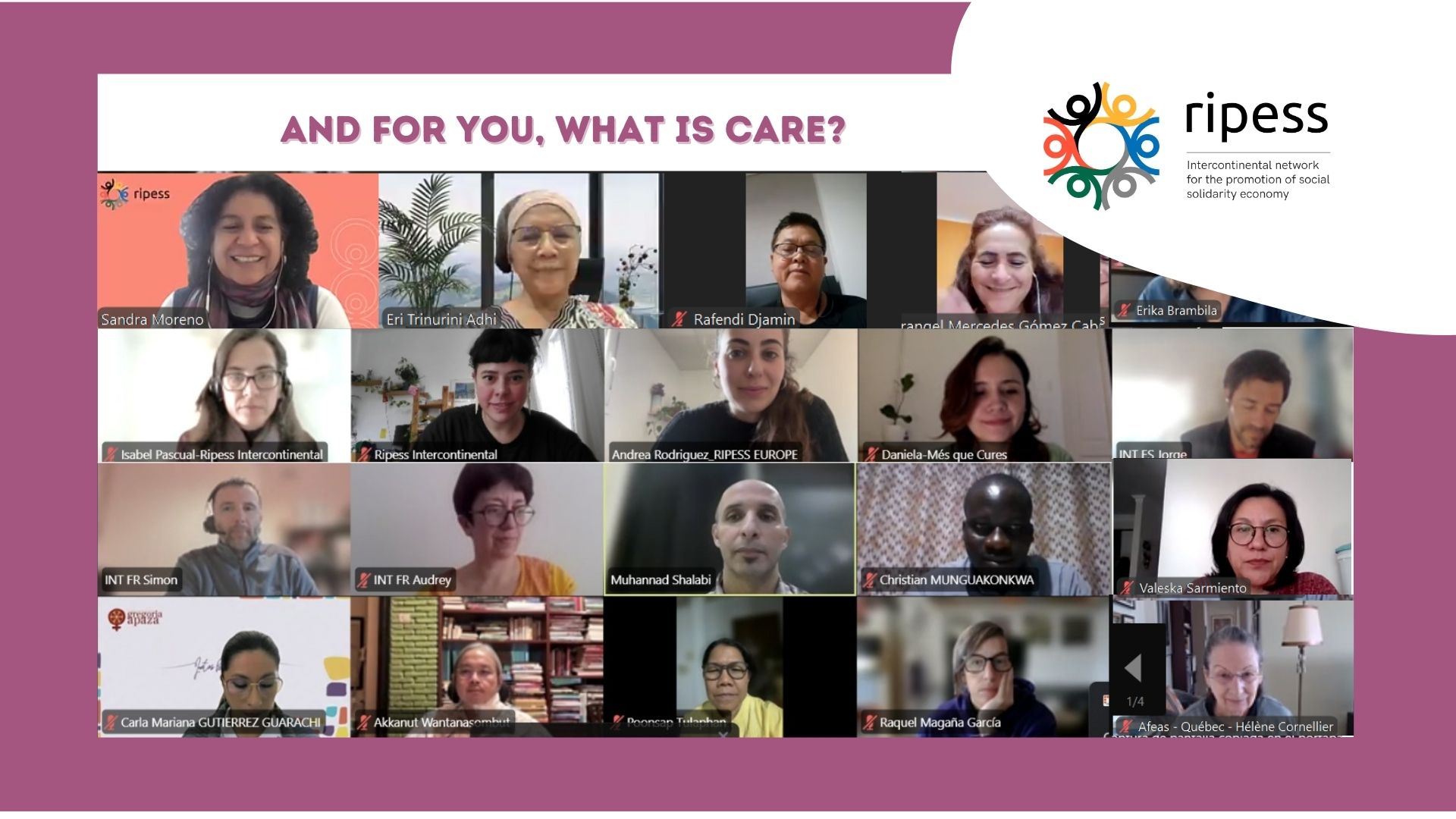- Spreading the visions of SSE as proposed by RIPESS;
- Mapping and visualizing SSE initiatives/organizations in Asia;
- Strengthening south-south triangular cooperation among member organizations
- Utilizing opportunities such as the ASEAN People’s Forum to demonstrate our presence in the region.
On November 21-23, 2016, over thirty participants from Indonesia, Japan, Malaysia, Thailand and the Philippines gathered at the University of the Philippines-College of Social Welfare and Development to discuss the plans to promote SSE in Asia.
Participants shared their diverse insights on the situation in their country or field of activities and recognized at least three common needs for action.
1) One is increasing the visibility of SSE as a notion throughout the continent. Although there are many historic and cultural notions that overlap in many ways with SSE, it still is a foreign term for many in Asia and there must be increased efforts to:
2) A second common need for action is to increase the base of practitioners and initiatives, especially those that mobilize the youth. For this purpose, the participants agreed to collaborate in undertaking a hands-on training for the youth on solidarity-based social entrepreneurship in organic and integrated farming. This initiative will aim to provide decent jobs in sustainable agriculture for youth who are actively seeking ethical/sustainable lifestyles with decent remuneration while increasing the baseline number of practitioners in Asia thus also increasing our visibility.
3) The third common point regards financing. Social capital by itself still cannot finance our initiatives and there is a strong need for real capital gains especially in the developing/emerging economies in the region. On a more micro-scale, for the above initiative to succeed, there must be efforts to finance both the initiative itself and also the young practitioners who will be emerging from the initiative. To this end, FPSDC (Federation of People’s Sustainable Development Cooperative) a Philippine based ASEC member along with other members of the continental network will support the establishment of a shareholding company that will administer development funds for the young practitioners through multiple crowdfunding campaigns. This will then create an infrastructure to finance practitioners in Asia beyond the above initiative.
In sum, ASEC is setting sail on a ambitious journey not only to promote SSE, but also to actively engage new young practitioners in the region and to seek financing for the new initiatives to succeed. Keeping all three pillars of actions in tact will indeed be challenging. But as many of our intercontinental colleagues have stressed, SSE is not just about vision and aspirations; its not just about a cluster of initiatives; rather it is a social transformation. And for transformation to take place we ourselves need to take a comprehensive approach however challenging this may be.






Leave A Comment